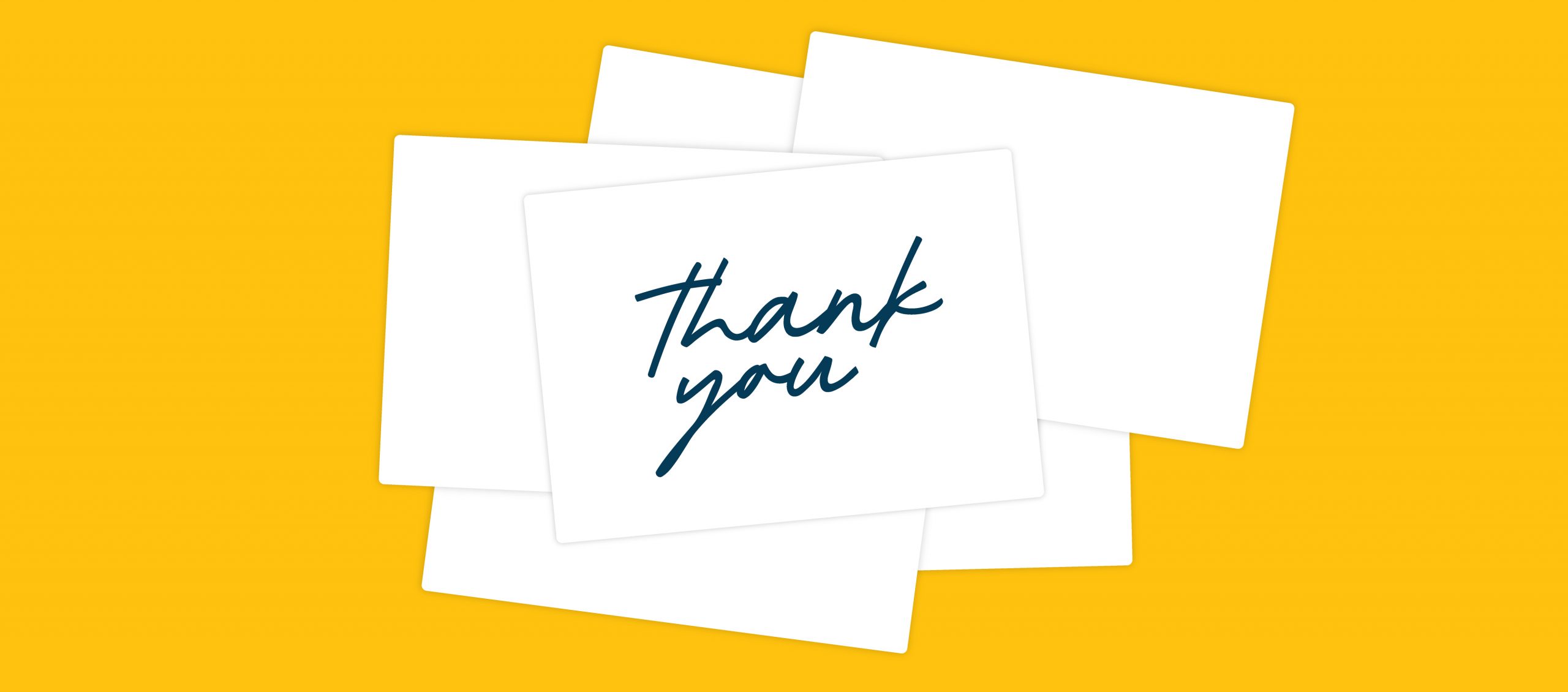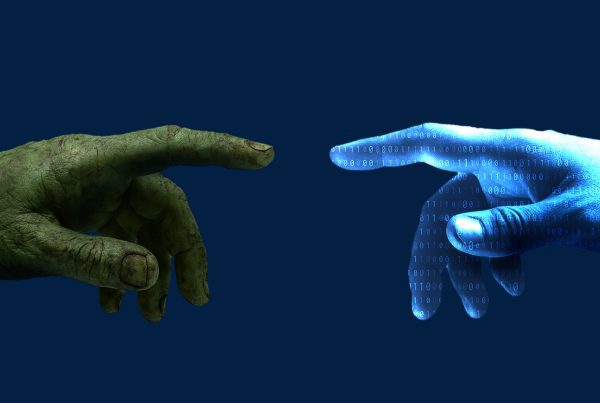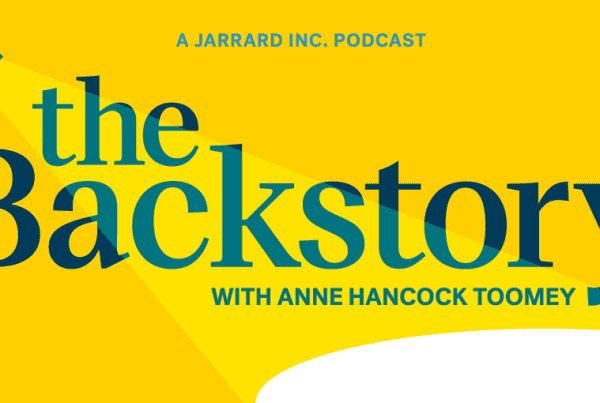The Big Story: New Research Says Being an Exceptional Manager Boils Down to 1 Simple Hack
“Imagine the results that would come if every single employee put in just 10% more effort – all it takes is consistent, meaningful thank-yous. The data speaks for itself: employees whom their manager regularly recognizes are 3.2 times more likely to be productive, and 2.3 times more likely to problem-solve with others.”
How Small Things Can Help Ease Big Change
By Linzie Treadway and David Shifrin
3-minute read
How was your message of appreciation to your workforce last weekend received?
You did send one, right?
No? Slipped your mind?
Might want to make it a priority this week. And even a habit. Because, according to the 2025 State of Employee Recognition report from the Achievers Workforce Institute, recognition of their work is dropping, and along with it, team member engagement, retention and productivity.
Maybe that’s why trust in leadership is so low. Jarrard’s latest healthcare workforce survey shows that only 42% of nurses, doctors and other clinical staff trust that their leaders are honest and transparent. Just over half say their organization involves them in helping solve healthcare’s biggest problems. As external pressures mount on the industry, healthcare desperately needs more trust and greater workforce involvement.
But is it possible to make big changes…with a thank you note? Let’s put it this way: It’s much harder to succeed without it.
Changing the industry and adapting to those external pressures is a big ask. So is turning the ship with a workforce that lacks trust. All told, driving transformational change can feel like taking an ice pick to a glacier. There’s so much to do, where’s a leader supposed to start? On the other hand, sometimes the scope of necessary change is so big that it feels like only Very Big Tactics will move the needle.
But if you’ve seen Ice Age, you know what a single acorn can do to a glacier. So what if it’s an animated movie that regularly violates the laws of physics and good comedy. Small things, big impact, etc.
Maybe the answer to both the trust gap and the problems facing healthcare – or at least the first step in solving them – is as simple as a pen and a card.
Authentic – even fun – words of gratitude are incredibly powerful. So, this Labor Day weekend, amid barbecues and parades and the last hurrah of pool time, take a moment to explore “What’s a small thing that we can do now?”
Then deliver on your small-thing inspiration. Give it a try back in the office on Tuesday.
Need some simple ideas to get the ball rolling? Consider these:
- Start your team huddle with a whip-around question. Is a hotdog a sandwich? What’s the funniest celebrity interaction you’ve ever had? What’s your favorite productivity hack? Believe it or not, these questions – and the ritual of asking them – build empathy, trust and connection. They’re a form of restorative circles, which is a valuable topic of its own.
- Send a note. Literally. Carve out time (we know, we know) to handwrite a few cards to key leaders. And encourage other leaders to do the same. Secure the names of frontline staff who’ve stood out on their unit and thank them. Send a message of support to a devoted team member who’s having a hard time.
- Bring coffee. Find out what the team on a particular unit likes and how they operate and deliver it yourself. Then either stick around or get the hell out of the way, whichever they need. The point is to give them something that fits with their work and schedule – not pizza going cold in the break room when everyone’s busy.
- Give public shout-outs. Praise individual achievements in team meetings. Be vocal with credit for strong work. Acknowledge and celebrate birthdays, work anniversaries and promotions.
- Respect off-hours. Make a new norm to avoid sending emails after hours – unless in emergencies.
- Take a break. For those back at the office, organize a walking meeting.
- Get out of the way. Surprise your team by skipping out of a meeting you lead, giving that time and space for your team to have a conversation they want or need to have amongst themselves. Let them run with something and encourage them to have fun doing it.
Be Real
This type of engagement must be thoughtful – authentic to the leader and delivered in a way that fits the recipient.
Frankly, the way the data is presented from the AWI’s report is… well… uncomfortable. It’s focused on the ROI of expressed gratitude versus a means to connect with people on a human level and bring them closer to a shared mission. And when reduced to management tactics, such “gratitude” risks becoming hollow, even manipulative.
In short, it only works if the gratitude is real, if the person scribbling the note is more than copying content dictated to them by an HR version of ChatGPT. Recognition offered without heart can do more harm than good.
Maybe the invitation for us this weekend is to pause—not as professionals, but as people. Take a few minutes to reflect on those small things that may bring our teams genuine joy, and how those sparks might be shared to foster (re)connection. And how they might make the big things feel more doable.
No need to do all of these things, or even any of them. It’s about making a habit of the actions that work for you and your team. It’s not about the labor but the delivery. In the end, it’s the smallest, truest, most natural gestures—streaming over time—that create lasting change.
And a note for you… Thank you for reading.
Contributors: David Jarrard and Emme Nelson Baxter
Image Credit: Shannon Threadgill




